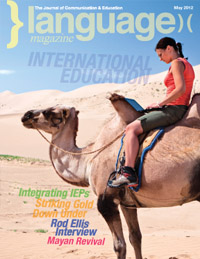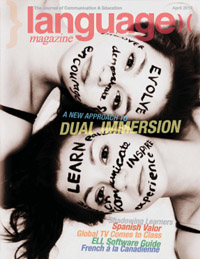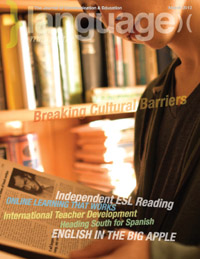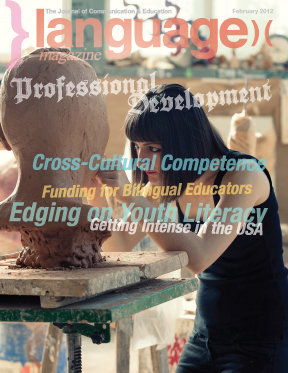 On Saturday, February 18, Latvians rejected a proposal to give Russian status as an official language of the state. According to the Christian Science Monitor, Russian is not only considered the mother tongue of the country’s former Soviet occupiers but is also spoken by one-third of the Baltic country’s 2.1 million population. Ethnic Latvians saw the proposal as an encroachment on the country’s independence.
On Saturday, February 18, Latvians rejected a proposal to give Russian status as an official language of the state. According to the Christian Science Monitor, Russian is not only considered the mother tongue of the country’s former Soviet occupiers but is also spoken by one-third of the Baltic country’s 2.1 million population. Ethnic Latvians saw the proposal as an encroachment on the country’s independence.
The Central Election Commission reported that 75 percent of the voters were against instituting Russian as an official language.
“Latvia is the only place throughout the world where Latvian is spoken, so we have to protect it,” said Martins Dzerve, 37, in an article by the Christian Science Monitor. “But Russian is everywhere.”
However, there is a small percentage who believes that Russians should have been approved as a national language. This includes the country’s ethnic Russians and other minorities, many of whom live in the eastern part of Latvia close to Russia.
“Society is divided into two classes – one half has full rights, and the other half’s rights are violated,” said Aleksejs Yevdokimovs, 36, in a Christian Science Monitor article. “The Latvian half always employs a presumption of guilt toward the Russian half, so that we have to prove things that shouldn’t need to be proven.”
Government officials reflected on the dissension between those who supported and those who opposed the proposition. In a New York Times article, Prime Minister Valdis Dombrovskis, who was against the proposal, expressed gratitude for Latvian voters who denied the resolution but encouraged government officials to find a conciliatory solution between the two groups.
“What we need to think now is what additional measures could be done on integration and naturalization policies, including more opportunities to study Latvian,” said Prime Minister Valdis Dombrovskis in a telephone interview with the New York Times. He added, “It is clear that we need to look at what more we can do.”
To learn more about the issue, read the original articles here and here.




 Shaikh Mohammad Bin Zayed Al Nahyan of the United Arab Emitates (U.A.E.) celebrated the opening of a newly remodeled center for Arabic language and Islamic studies in Beijing, China. The Shaikh Zayed Bin Sultan Al Nahyan Center for Arabic Language and Islamic Studies is the newest addition to the Beijing University of Foreign Studies and will serve as a site of cultural exchange between the China and the U.A.E.
Shaikh Mohammad Bin Zayed Al Nahyan of the United Arab Emitates (U.A.E.) celebrated the opening of a newly remodeled center for Arabic language and Islamic studies in Beijing, China. The Shaikh Zayed Bin Sultan Al Nahyan Center for Arabic Language and Islamic Studies is the newest addition to the Beijing University of Foreign Studies and will serve as a site of cultural exchange between the China and the U.A.E.
 Read Across America week commenced on March 2. This celebration of literacy also commemorated the birthday of Dr. Seuss and promoted his book, The Lorax, which was adapted into a film starring Zac Efron, Taylor Swift, and Danny DeVito. To kick off the event, Efron and DeVito went to the New York Public Library, where they read The Lorax to about 300 children.
Read Across America week commenced on March 2. This celebration of literacy also commemorated the birthday of Dr. Seuss and promoted his book, The Lorax, which was adapted into a film starring Zac Efron, Taylor Swift, and Danny DeVito. To kick off the event, Efron and DeVito went to the New York Public Library, where they read The Lorax to about 300 children.
 On Saturday, February 18, Latvians rejected a proposal to give Russian status as an official language of the state. According to the Christian Science Monitor, Russian is not only considered the mother tongue of the country’s former Soviet occupiers but is also spoken by one-third of the Baltic country’s 2.1 million population. Ethnic Latvians saw the proposal as an encroachment on the country’s independence.
On Saturday, February 18, Latvians rejected a proposal to give Russian status as an official language of the state. According to the Christian Science Monitor, Russian is not only considered the mother tongue of the country’s former Soviet occupiers but is also spoken by one-third of the Baltic country’s 2.1 million population. Ethnic Latvians saw the proposal as an encroachment on the country’s independence.

